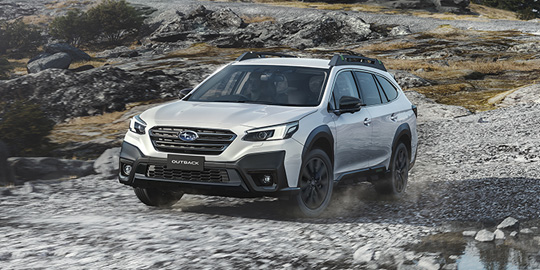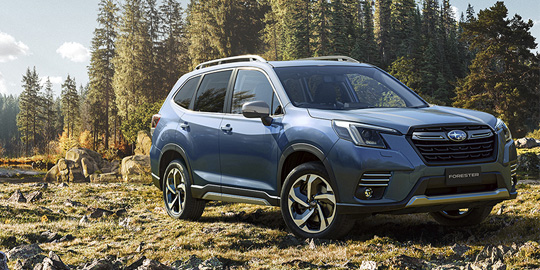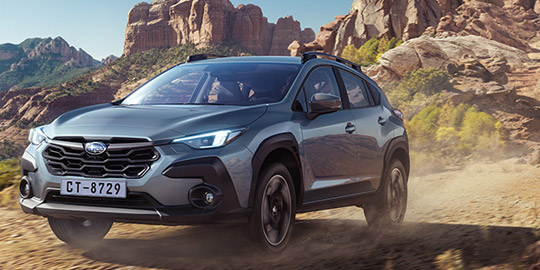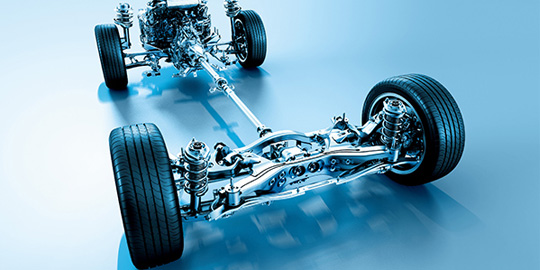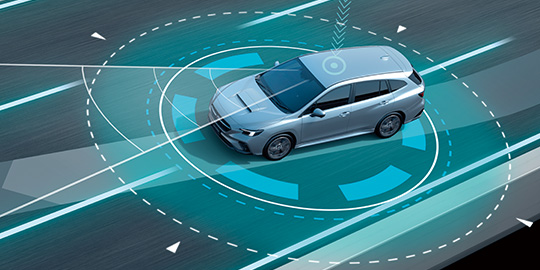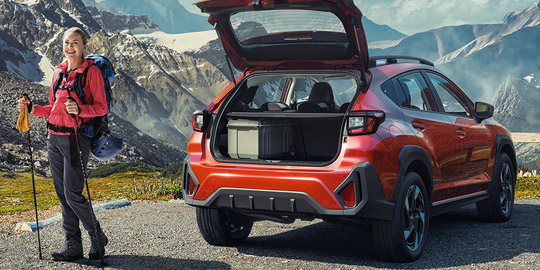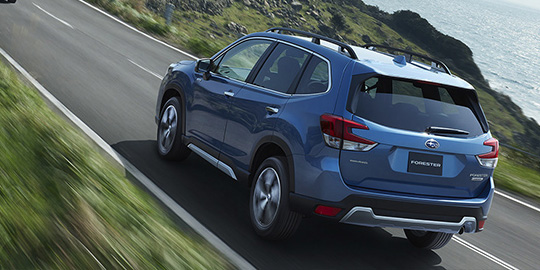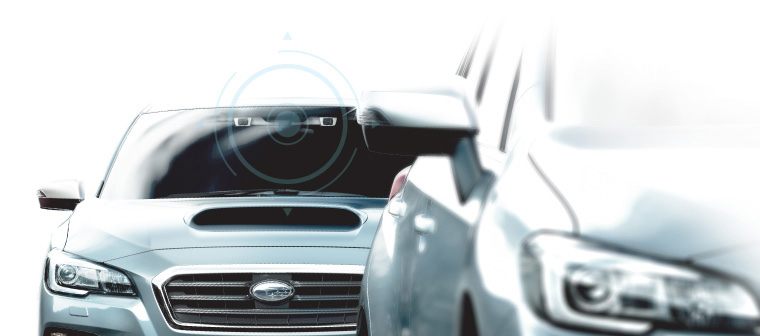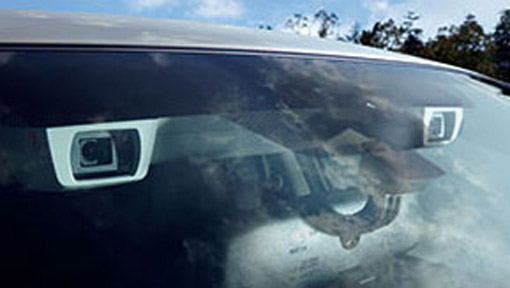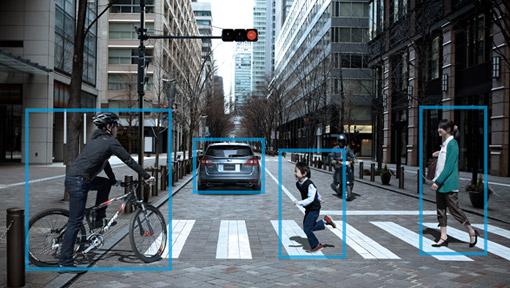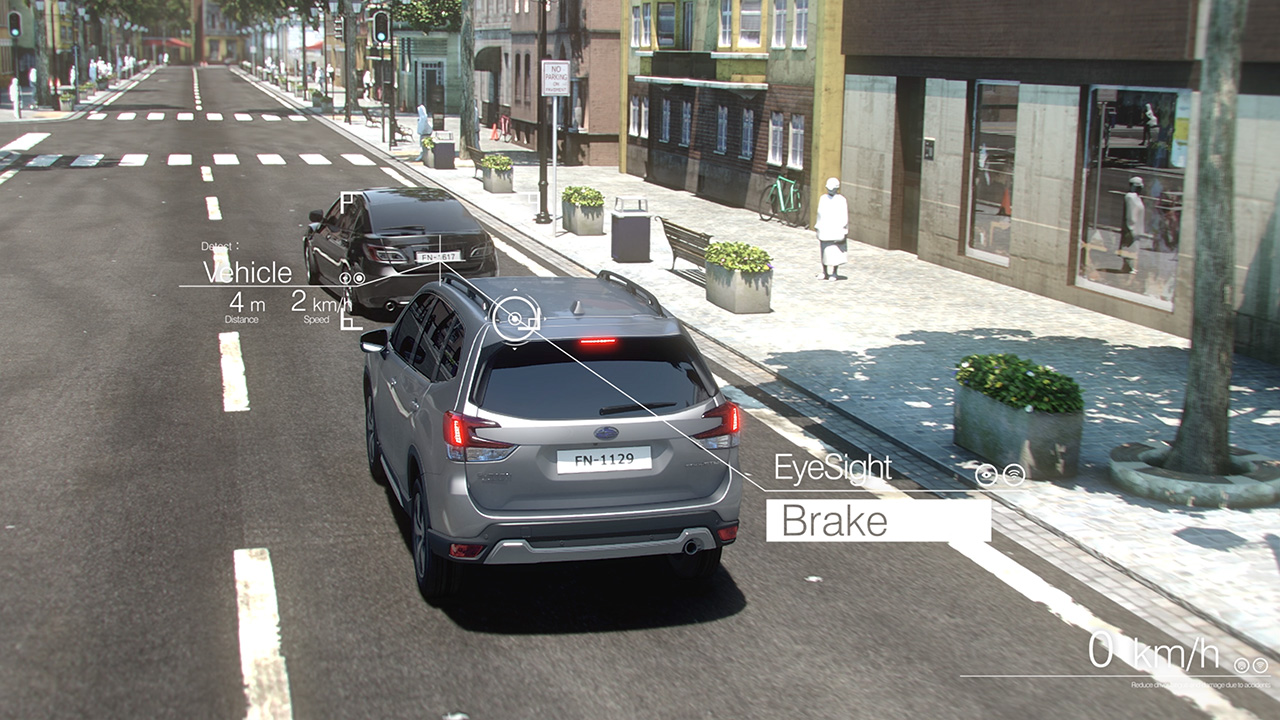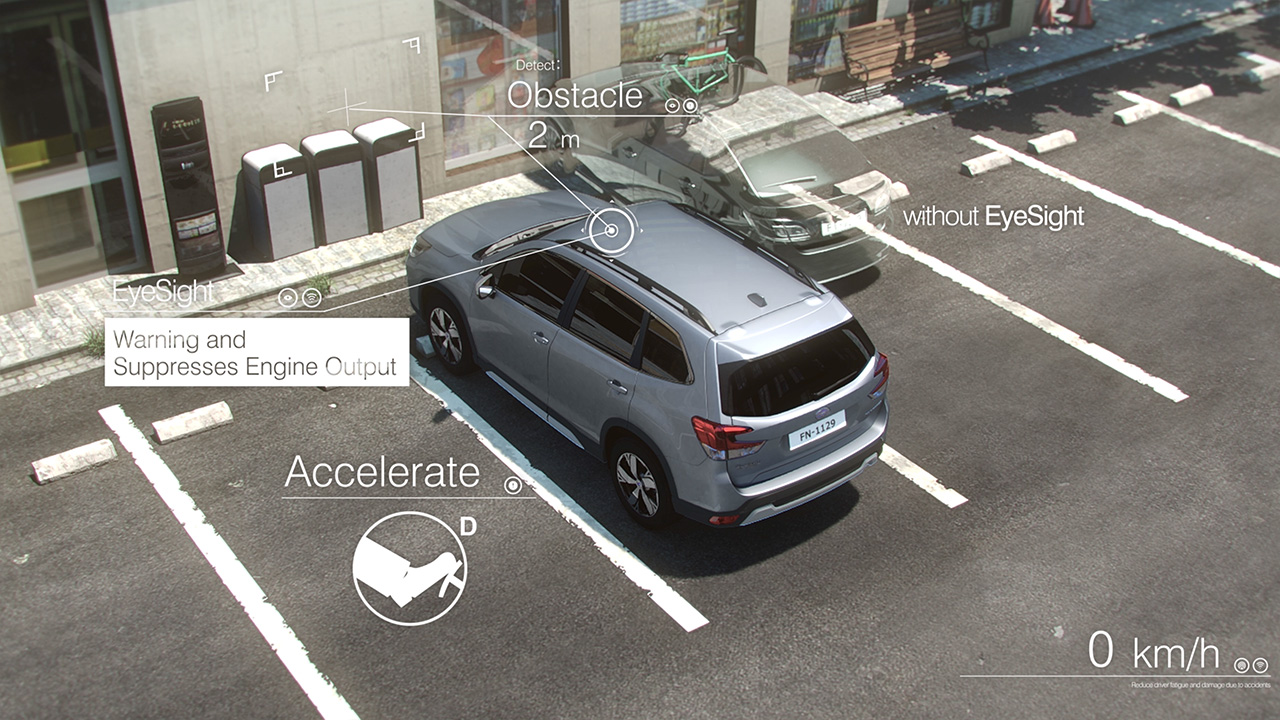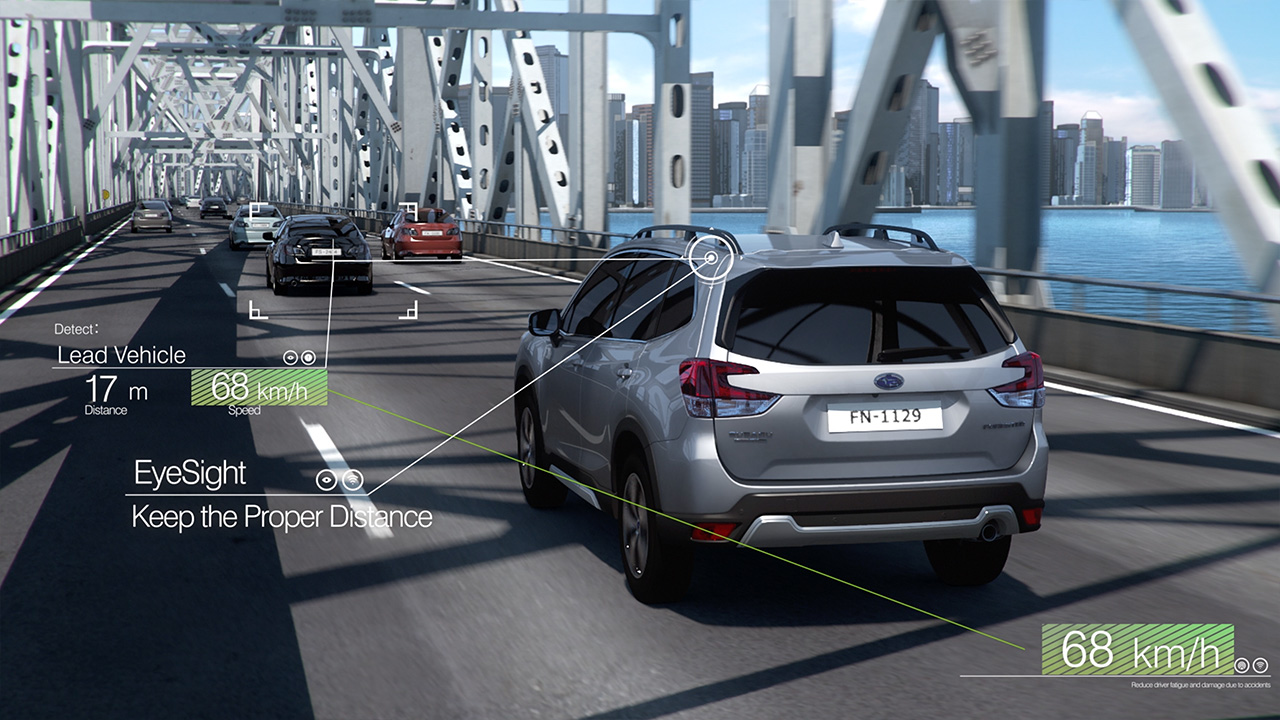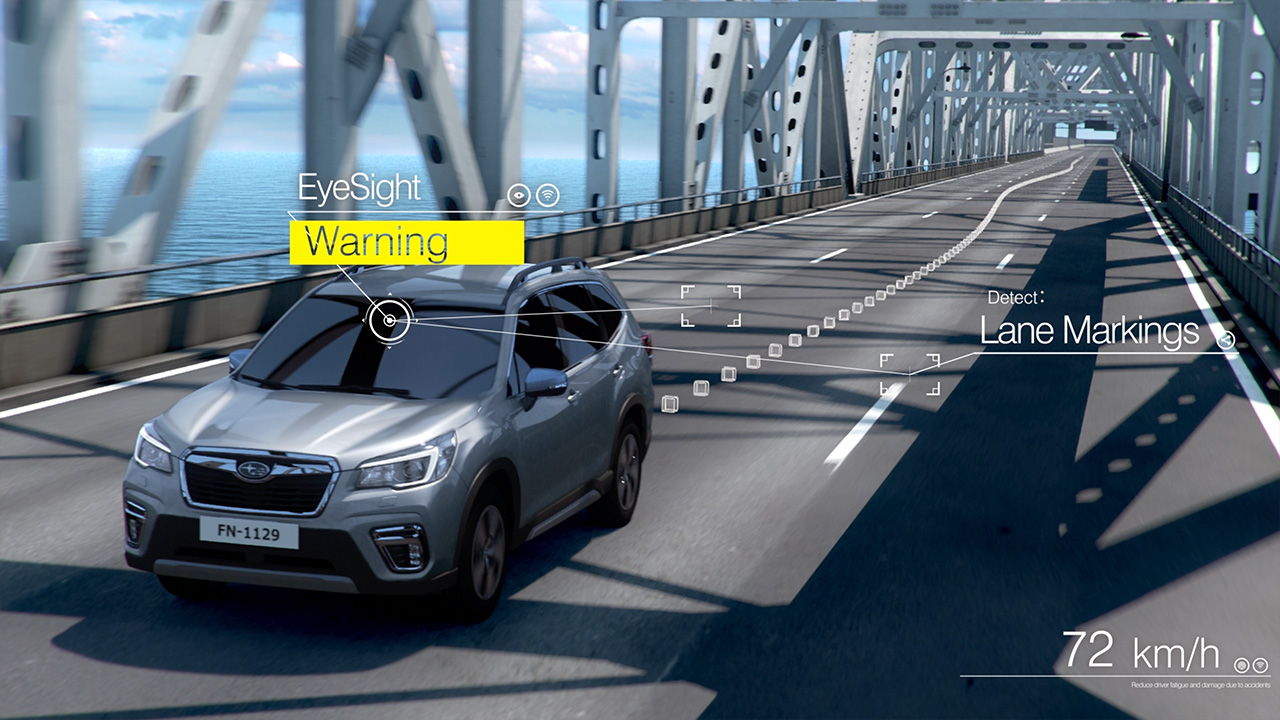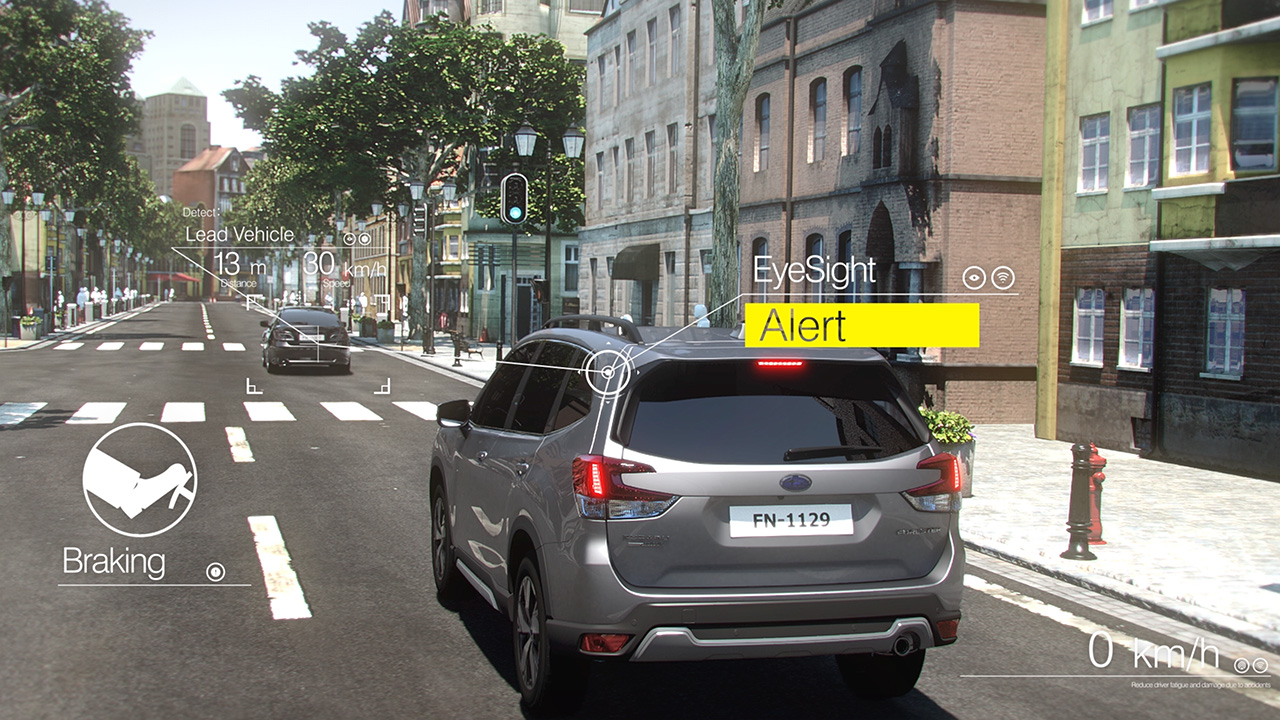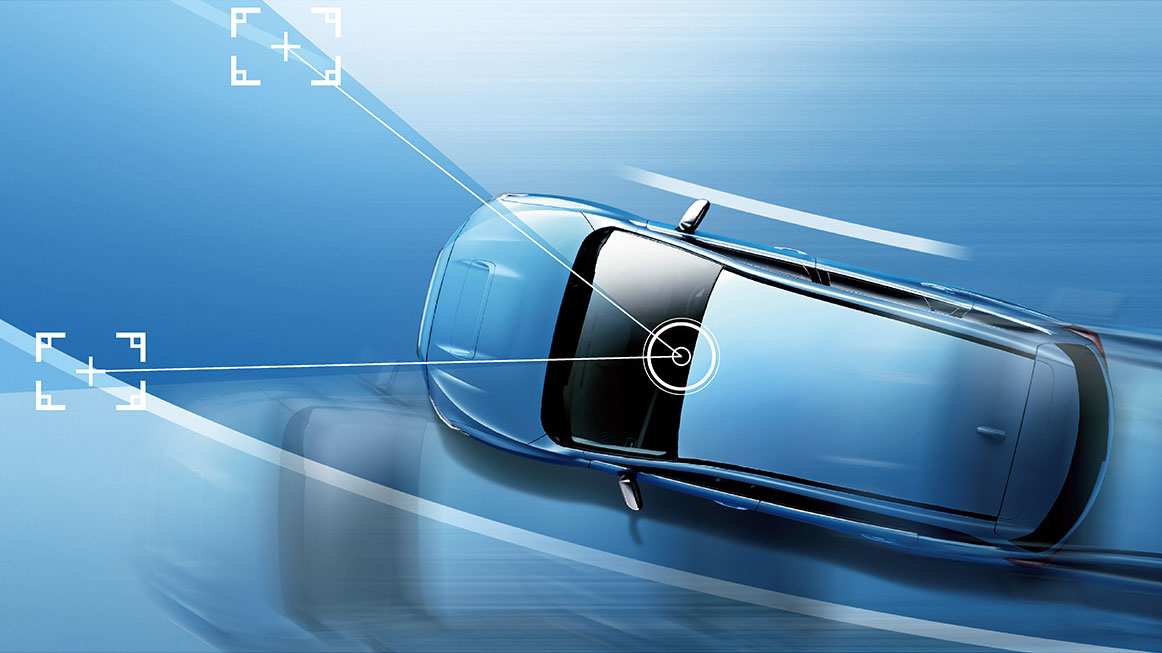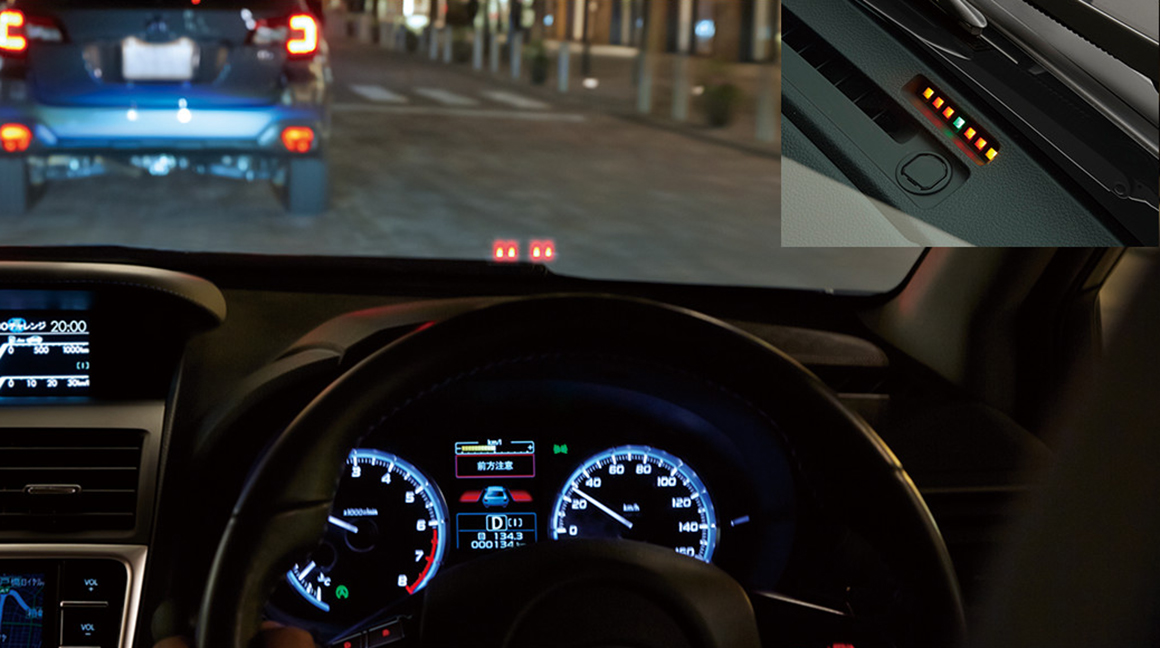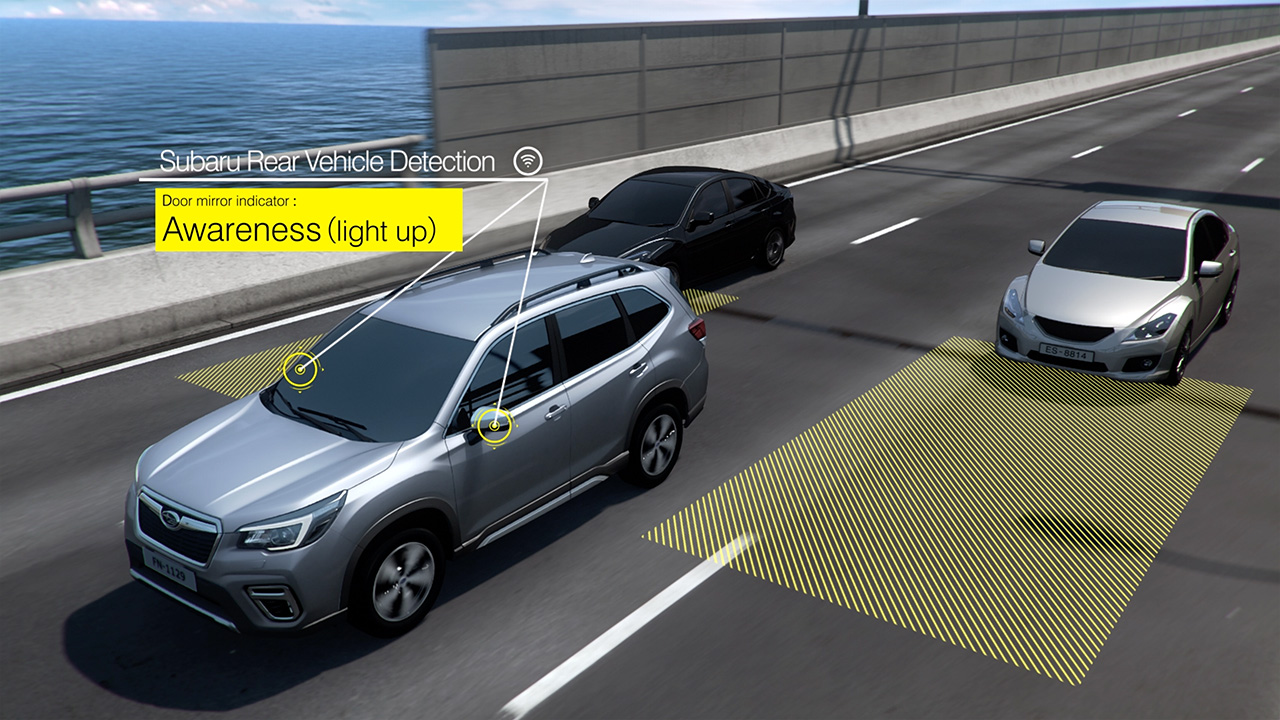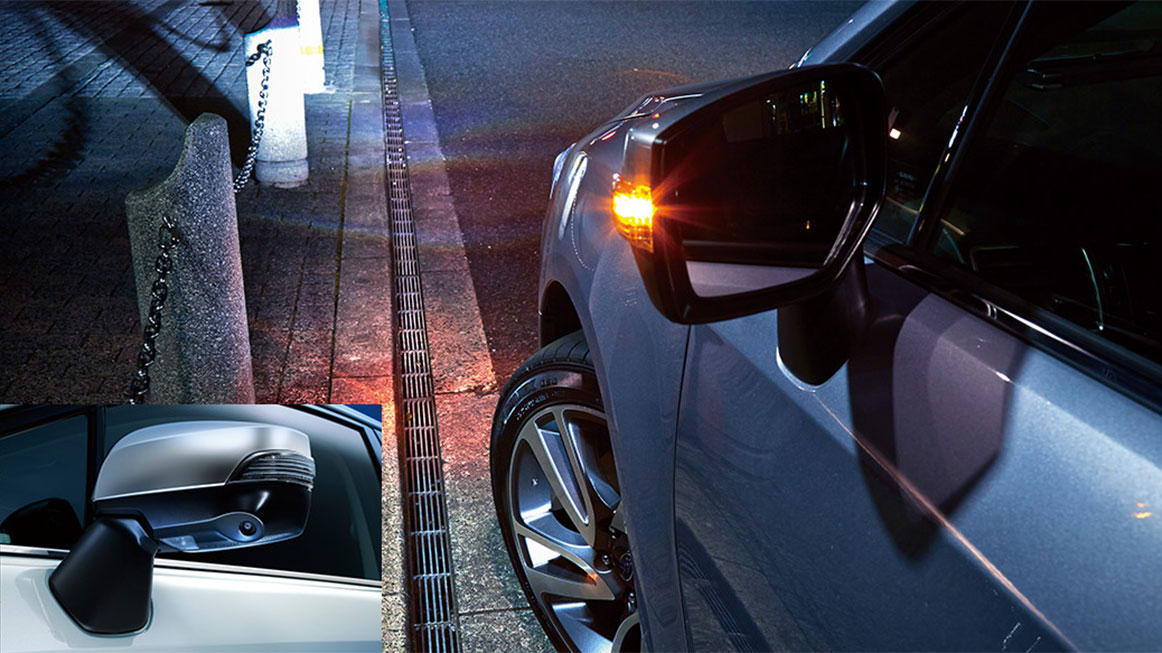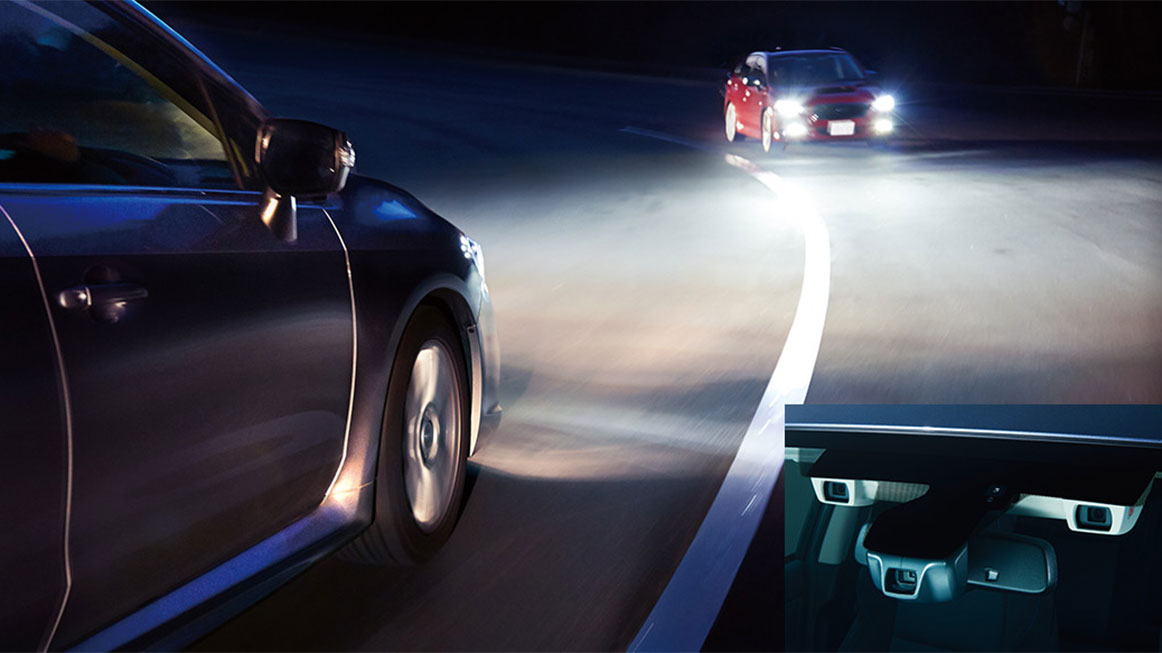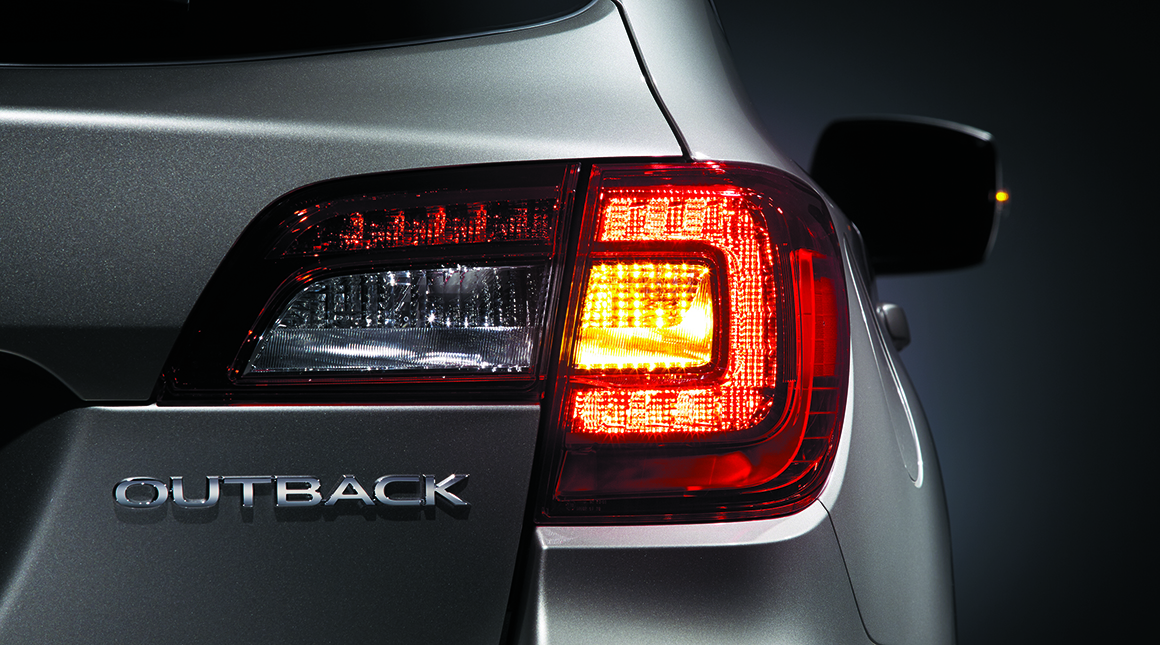Disclaimer
Never drive the car relying solely on the system explained above alone. The system has been designed assist the driver in making decisions on the road, and to reduce the chance of accidents or damage due to accidents and driver stress. It was not designed to prevent drivers from failing to focus on the road ahead by driving inattentively or carelessly, nor was it designed to provide driving assistance under poor weather or visibility conditions. It was also not designed to prevent collisions from occurring under any conditions. Drivers are responsible for driving safely and shall comply with all traffic rules and regulations regardless of the fact that the car is equipped with the system. Drivers shall ensure that they are driving safely, and maintain a safe distance between the car in front, pay attention to their surroundings and driving conditions, and apply the brake pedal when necessary or take other measures to maintain a safe driving distance. When a warning is activated, drivers should pay attention to what is in front of the car and the surroundings, operate the brake pedal and take other action as necessary.
There are limits to the system recognition and control performance in addition to the outline provided here. Drivers must be sure to read the owner’s manual for each function before using the system, and always use it properly. Improper use may lead to failure of control performance, which could cause an accident.
These videos are for illustration purposes only and may differ from actual specifications.
If there are discrepancies between these outlines (including the videos) and the outline provided in the owner’s manual, the outline in the owner’s manuals shall prevail.
